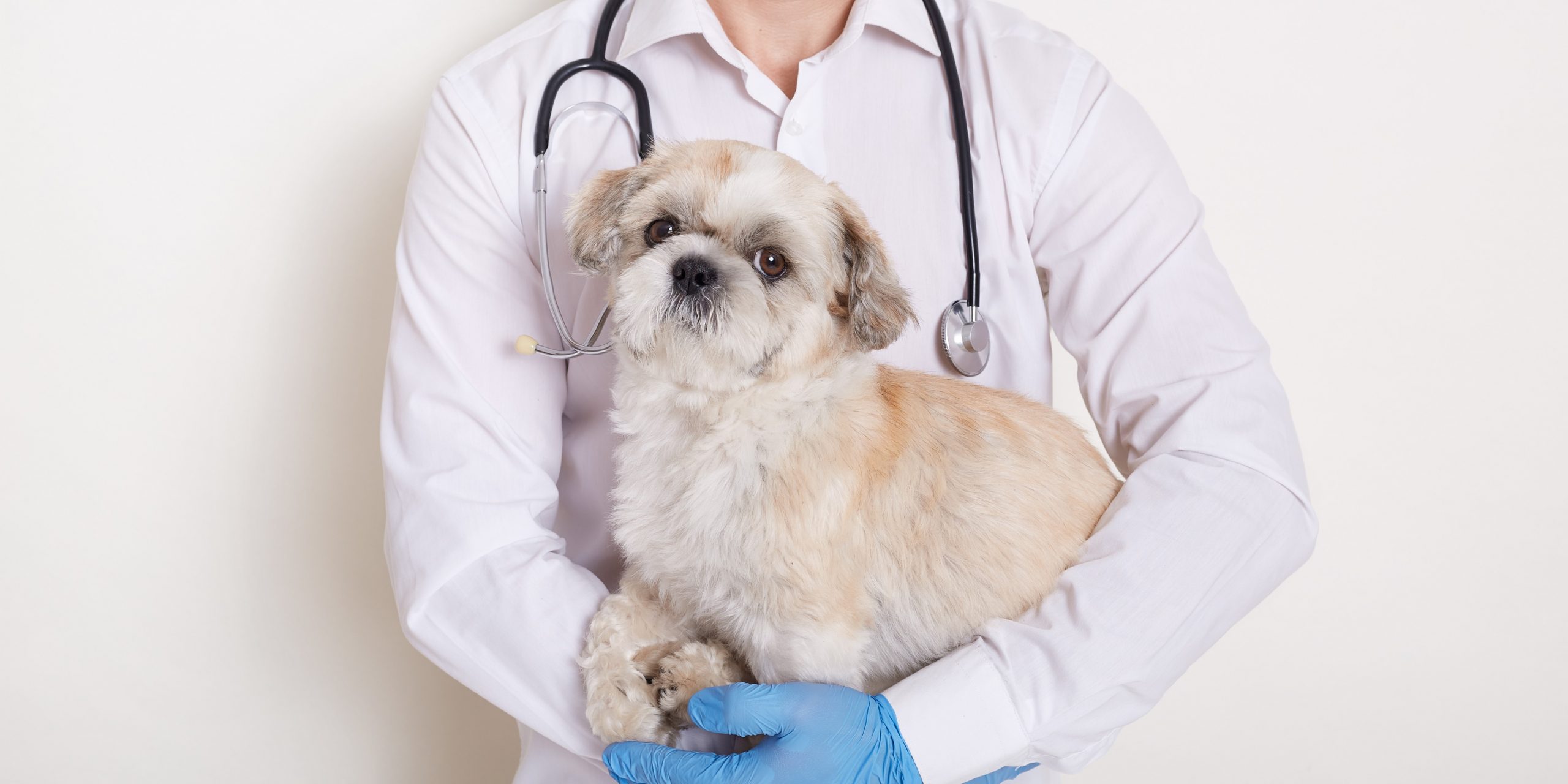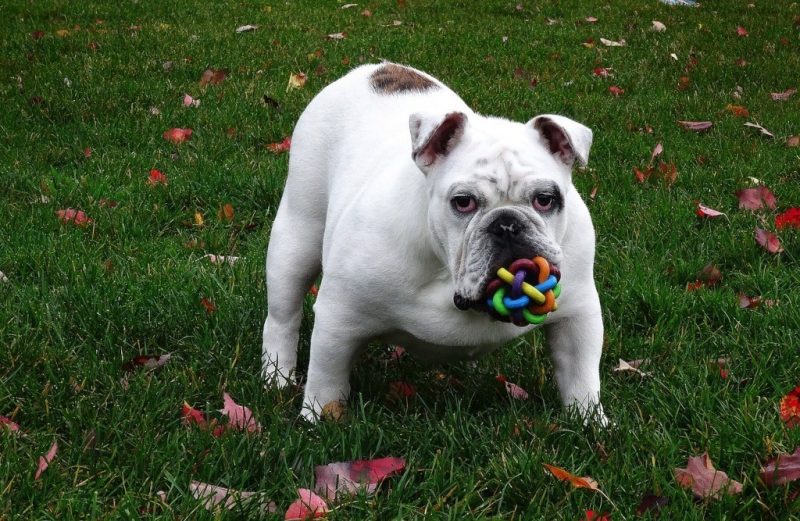Once you’ve found the perfect dog, it’s time to find the perfect vet. Having a good relationship with the individual who looks after your pet’s health is vital. Together you’ll be able to spot changes in behaviour, appetite, or appearance that could signal potential issues. So take the time to find a vet you trust and click with, and who your pet can grow to feel comfortable around. To help you prepare for their first vet visit we checked in with the team at Johnston Street Vet in Fitzroy to get up to speed with the basics.
How often should a dog visit the vet?
As pets can’t talk and age faster than we do, we recommend seeing your pet at least once every 12 months. That’s if they have no health concerns. We recommend for dogs over seven years old to have an examination every six months as they are considered “seniors”.
Like with humans, some health issues can make your pet acutely unwell or they can deteriorate quickly. Regular check-ins let us find problems and detect abnormalities so we can act on them fast.
When should a puppy have their first appointment?
Ideally within the first two weeks of ownership. This way we can give your puppy a full health examination, discuss nutrition, parasite and vaccination schedules, and provide other tips to help you as an owner. There is a lot of information out there, so speaking to a professional about this can help cut out irrelevant and overwhelming info!
What does that first appointment usually involve?
During any examination a vet will look at your pet’s entire body system–internally and externally. This begins as soon as you walk into the consult room by assessing their gait (how they walk). Next they check their eyes, ears, and mouth for any abnormalities such as discharge or odour. A full dental and oral examination is performed and we grade your pet’s teeth. The veterinarian will then check your pup’s chest with a stethoscope to listen closely to their heart and lungs.
Then they’ll check your puppy’s skin for lumps and bumps, dryness, itchiness, inflammation, and parasites. Lastly, they look at your puppy’s genitals and rectal area. Worm infestations and fleas can hang around here, the vet will make sure this area is clean and a rectal temperature will be taken.
What does an owner need to bring to an appointment?
A previous history and vaccine record is important to see what your puppy has had previously. It’s also important to bring them in on a lead or in a carry cage to ensure you have control and they can’t escape.
How much does a check up cost?
A consultation with a veterinarian starts from $78 (at JSVet that is). This is a full examination and time to discuss any concerns you may have about your pet.
Do you have any tips for helping your dog relax (and behave) at the vet?
Repeated exposure helps reinforce positive association. So come say hi, place your dog on the scales, let them get a treat and a pat before their visit.
For the appointment keep them on lead and bring their favourite treats to allow for better control. Also, be present. People can be distracted and on their mobile phone which makes our job harder when we’re trying to discuss your pet’s health and your pet picks up on this. If you give them (and us) your full attention they’ll be less than likely to play up.
If they’re very unsettled there are also natural aids like Adaptil, Feliway, and Zylkene. These products copy your pet’s natural pheromones when they’re feeling happy. Spraying them on a carrier, bandana, or giving them through food before your visit can help chill out your pet and leave them feeling less stressed in general.
Do you have any advice for finding a vet that’s right for you?
Finding a vet you like can be hard. But they should make you feel comfortable, answer any questions you have, and take into account your decisions and what you think is best for your pet and lifestyle. JSVet is a small independent clinic and we are directly accountable to our clients, making us a bit different to larger corporate clinics.
Ultimately if you are comfortable and at ease when you visit your vet team and need help, your pet will be too. We are always here to help!
For more expert advice on everything (else) you need to know about preparing for a new pup, head over to Scratch’s New Dog Guide.
And learn more about vets and puppies with:
A Crash Course in Puppy Health Essentials
Dog Anti-vaxxers and the Confusion Around Pet Inoculations
Is Pet Insurance Worth It? How to Prepare for Emergency Vet Bills
While you’re here, subscribe to our newsletter, check out our magazine, and follow us on Instagram, Facebook, and Twitter.







